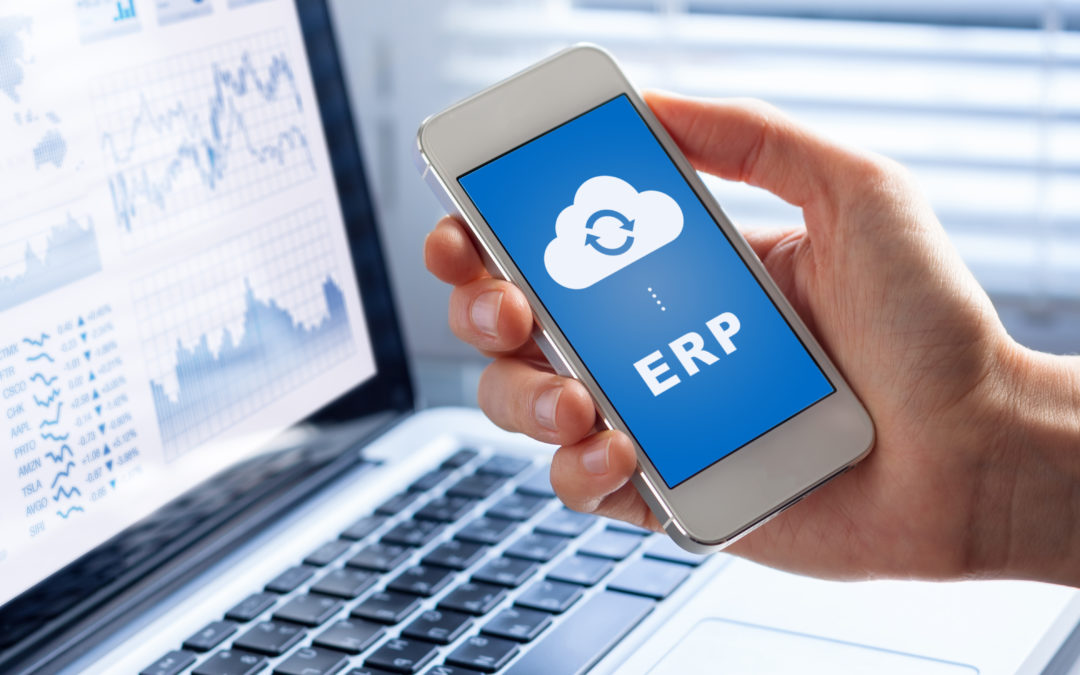
COVID-19 Remote Work Support: Message from CEO Bruce Grant

COVID-19 Remote Work Support: Message From EstesGroup
Dear Clients, Partners & Friends–
I wanted to share an update on what EstesGroup is doing today to keep our community safe and our delivery services moving forward, as well as specific steps we are taking to continue to deliver the solutions your business relies on. I encourage you to regularly check our website, which contains the latest operational updates and links to additional information on specific events. We will also be reaching out individually to clients and partners over the next several days.
EstesGroup Continuity and Wellness Activities Update
Remote Work Tests
As part of our ongoing preparedness with respect to the COVID-19 spread, we are activating business continuity plans to continually test various teams’ remote work capabilities. This is done to ensure we maintain service levels and resolution times, regardless of where our teams are physically located. We were founded as a remote-work company, and we have refined our tools and procedures over the past 16 years of operations. As such, we feel confident that we can continue to deliver the exceptional remote service you have come to depend on from EstesGroup.
Limited Travel
In line with CDC recommendations, we have decided to limit much of our team’s travel schedules. Our teams are ready and able to conduct most of our delivery work virtually, as they have for many years. While we’ll miss our face time, we feel this is the right choice to support the health of everyone.
Remote Delivery Enablement
Some of our clients have asked for assistance in preparing their teams for better remote and home-based work, including security, access, backup, and remote connectivity. We welcome any questions you may have or assistance you may require in helping to make your remote working environments as efficient and effective as possible.
Health and Safety
Finally, the health and safety of our colleagues, their families, and our communities are the highest priority. We continue to encourage everyone to follow the preventive measures recommended by the CDC to stay healthy and slow the spread of the virus, including:
- Clean your hands frequently
- Avoid touching your face
- Stay home if you feel ill
EstesGroup is well-positioned and prepared to work through this pandemic. Although we feel our plan is good for our partners, our colleagues, and our community, confusion may arise as we move through this situation. We ask for your patience as the situation progresses. Please feel free to reach out at any time with questions or concerns.
As always, stay safe and healthy,
Bruce Grant / CEO
970.372.4526 office
703.624.2759 mobile
[email protected]
www.estesgrp.com





